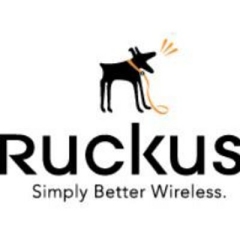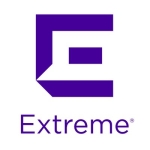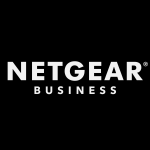What is our primary use case?
We primarily use the solution for internal use for deployments.
How has it helped my organization?
I don't have specific metrics that could describe who this solution has improved how the company operates. It just offers better connections for the users.
What is most valuable?
The product does a very good job of covering specific areas using less equipment than other providers.
The solution offers better coverage. It offers a better footprint in order to connect with the user.
The possibility to deploy the solution and the configuration of all the equipment through the console makes everything very easy.
The product has good technical support and offers excellent documentation.
What needs improvement?
In both cases in terms of the latest deployments we initiated, we implemented a new version, which means that in both cases the client deployed a new Wi-Fi infrastructure. As we deployed the solution, it meant that the users had to connect to the network via a patch cord.
The solution needs to have some sort of security offering, like a firewall, for example. Fortinet offers access to security via Wi-Fi controls and a management console. Ruckus does not do this.
For how long have I used the solution?
I've been using the solution for 20 years. It's been a good two decades of usage. In just the last six months, we've implemented it for two clients.
What do I think about the stability of the solution?
The stability of the solution is excellent. There aren't issues with glitches. It doesn't crash or freeze. There aren't bugs. It's completely reliable.
What do I think about the scalability of the solution?
The scalability is very, very good. We have no issues expanding as we need to. It's excellent.
We typically work with medium-sized Argentinian companies. In one of the implementations we handled in the past year, the client already wants to increase the coverage of the Wi-Fi network for the next year.
How are customer service and technical support?
In general, we get good technical support from Ruckus. It's excellent service. In all the cases where we have reported some problems, we receive the answer about how to resolve the problem very quickly. They are extremely responsive and very knowledgeable. We've very happy with their services.
How was the initial setup?
The initial implementation was easy. We had already deployed Ruckus for the client previously, and we were just doing another new deployment. It was very straightforward.
The deployment took about a month due to the fact that we needed the client to deploy the cable network. They had to finish the network before we could really finish our portion of the implementation. In another deployment, for a different client, it only took us two weeks.
What's my experience with pricing, setup cost, and licensing?
The solution is less expensive than, for example, Fortinet, and requires less equipment.
Which other solutions did I evaluate?
In the first implementation, we did recently, the client decided to implement the Ruckus without any comparison with other solutions.
In the second implementation, we had an evaluation done and we looked at Fortinet. The client decided to implement Ruckus over Fortinet. The decision was mainly based on the different pricing between the two options and the need for access points with Ruckus. With Ruckus, we needed fewer appliances in order to bring the same coverage that Fortinet offered, for example.
What other advice do I have?
We're a partner with Ruckus.
In both of the most recent deployments, we have used the Access Point R320.
Ruckus as a brand is pretty new to the Argentinian market, and therefore, we need to introduce our clients to their offering. We really need to show off the benefits of going with Ruckus over, for example, Fortinet, which is more well known.
Overall, I would rate the solution at a nine out of ten.
Which deployment model are you using for this solution?
On-premises
Disclosure: My company has a business relationship with this vendor other than being a customer: Partner














